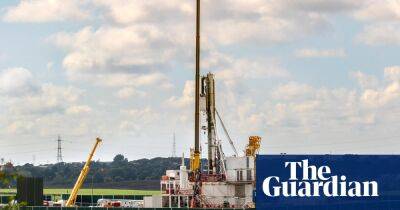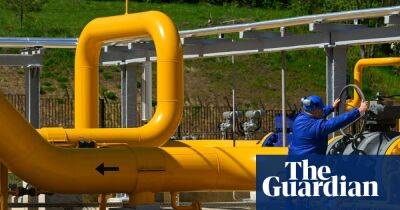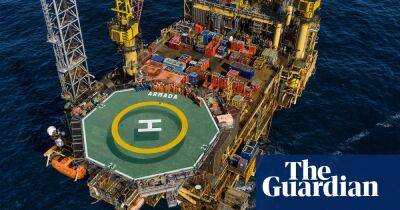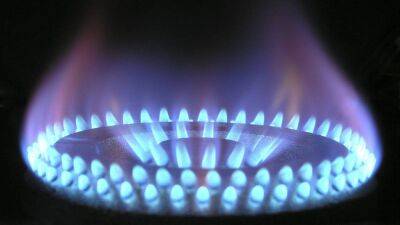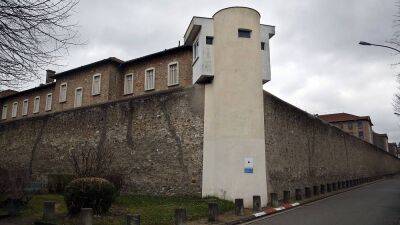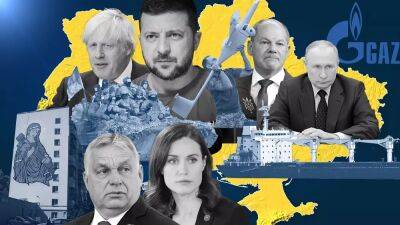Europe's energy crisis haunts the euro as it tumbles to 20-year low against the dollar
Asian shares were down for a sixth straight session on Tuesday after a renewed spike in European energy prices stoked fears of recession and pushed bond yields higher, while tipping the euro to 20-year lows.
Benchmark gas prices in the European Union surged 13% overnight to a record peak, having doubled in just a month to be 14 times higher than the average of the past decade.
Analysts at US bank Citi warned on Monday that inflation in the UK could top 18% if energy prices were not restrained, more than nine times the Bank of England's target. Consumer price inflation last reached such a level in 1976.
European and British manufacturing surveys due later on Tuesday were expected to highlight the damage being done to activity, with Germany seen deeper in contractionary territory.
One analyst said the "dire energy situation" suggested the inflation peak had no yet been reached, with a high risk that it would remain high for some time without central bank intervention.
"No surprise then to see the US dollar at near multi-decade highs against a falling euro and (British) pound," said Tapas Strickland, a director of economics at NAB.
The single currency was struggling at $0.9937, having again plunged below parity with the dollar on Monday — the lowest in nearly 20 years — caught between a major energy crisis in Europe and a US Federal Reserve still on the offensive to curb inflation.
The announced closure for maintenance of the Nord Stream 1 pipeline — which supplies most of Russia's gas to Europe — between 31 August and 2 September, has further heightened fears of shortages and sent natural gas prices in Europe soaring.
"This increases the risk of a significant economic slowdown by the end of the year" in the eurozone, said Shaun
Read more on euronews.com


